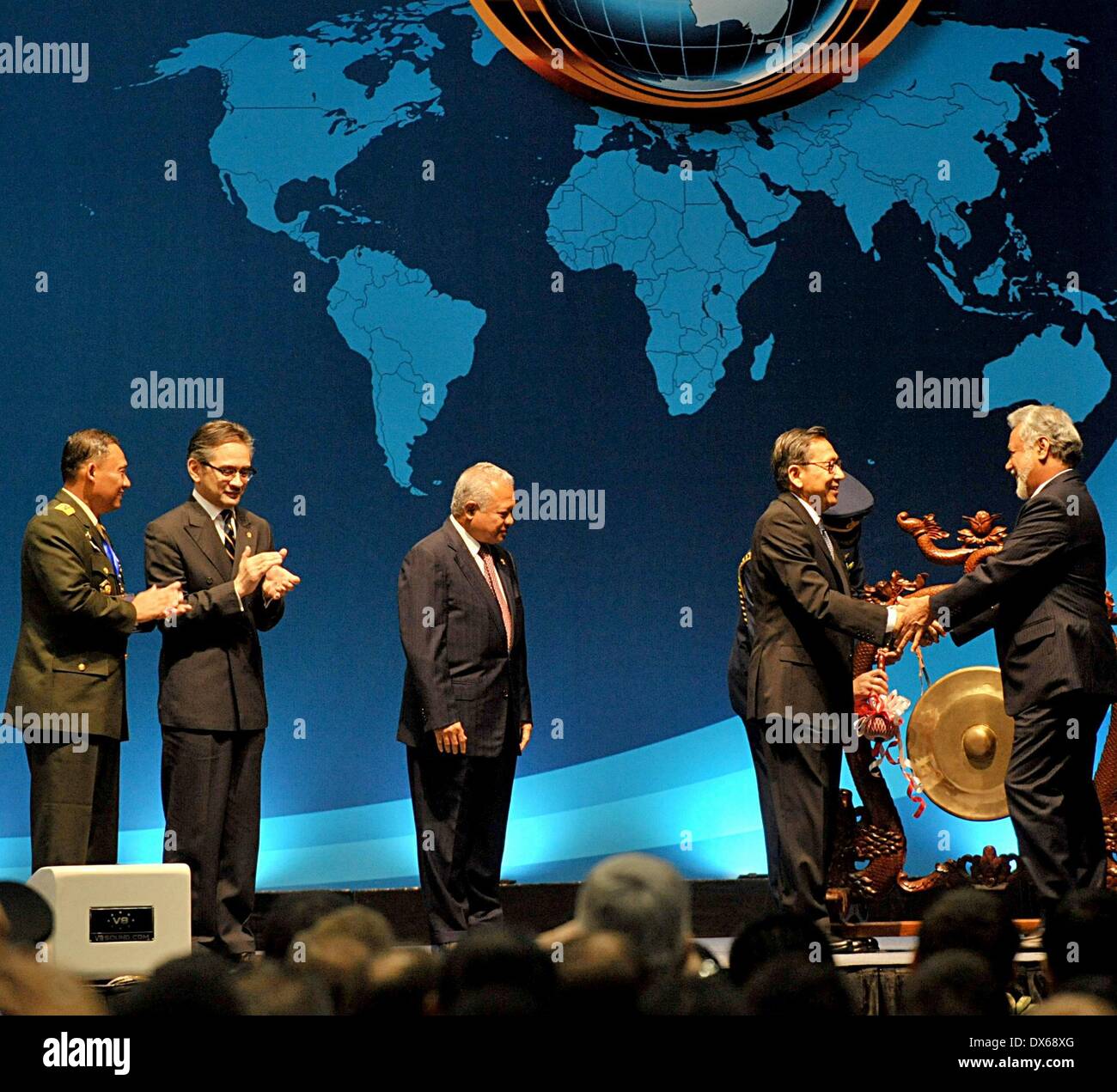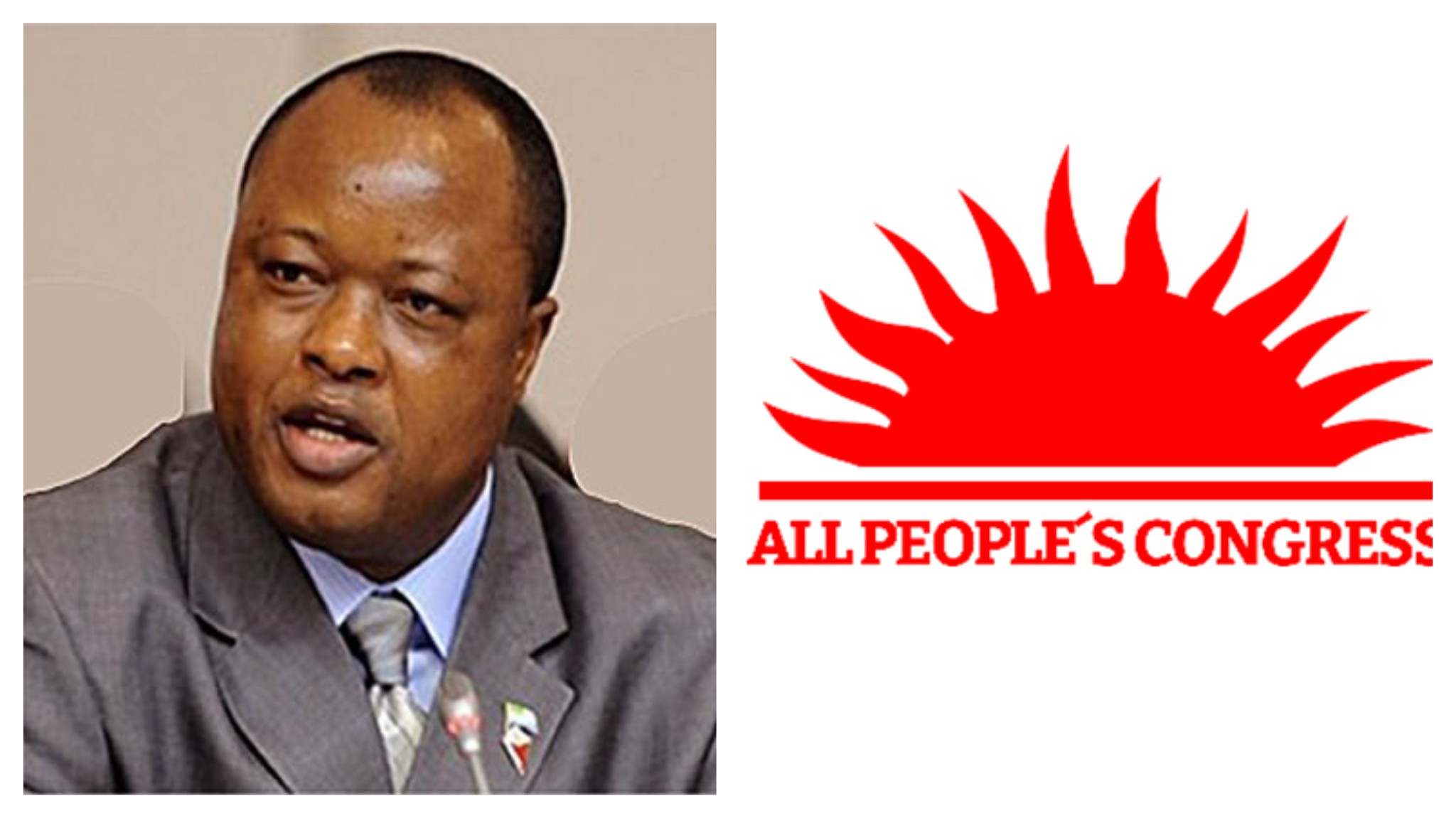Boediono: Former Vice President Of Indonesia And Respected Economist
Boediono: Former Vice President Of Indonesia And Respected Economist: Boediono, Indonesia's 11th vice president, is a renowned economist and technocrat who played a crucial role in shaping Indonesia's economic policies.
Editor's Notes: Boediono: Former Vice President Of Indonesia And Respected Economist, is a topic of high relevance as he was a key figure in Indonesia's economic development, and his insights and perspectives continue to be valuable for understanding Indonesia's economic trajectory
After extensive analysis and research, we have compiled this comprehensive guide to provide insights into Boediono's life, career, and contributions to Indonesia's economy.
Key Differences or Key Takeaways:
| Boediono | |
|---|---|
| Born | February 25, 1943 |
| Birthplace | Surabaya, Indonesia |
| Education | PhD in Economics, Monash University |
| Political Party | Golkar |
| Vice President | 2009-2014 |
Main Article Topics:
FAQs by Boediono: Former Vice President Of Indonesia And Respected Economist
This FAQ section presents a series of frequently asked questions and their respective answers provided by Boediono, the former Vice President of Indonesia and a highly regarded economist. The questions cover various topics and aim to address common concerns or misconceptions.

FIVE YEARS INDONESIA CENTURY BANK BAILOUT SCANDAL Editorial Stock Image - Source www.dreamstime.com
Question 1: What are the key factors driving Indonesia's economic growth?
Answer: Indonesia's economic growth has been influenced by several factors, including a growing middle class, increased foreign investment, and a surge in commodity prices. These factors have contributed to higher consumer spending, increased production, and export revenues.
Question 2: What are the challenges facing the Indonesian economy?
Answer: Indonesia's economy faces challenges such as income inequality, a lack of skilled labor, and a reliance on commodities. To address these issues, the government is prioritizing education, infrastructure development, and diversification of the economy.
The FAQs provide valuable insights from Boediono on various economic aspects of Indonesia. His perspectives offer a comprehensive understanding of the country's economic situation, highlighting both its strengths and challenges.
Read more articles:
Tips

Interview with Gianni Pittella, former Vice President EU Parliament - Source www.thewatcherpost.eu
Extracted from the wisdom of Boediono: Former Vice President Of Indonesia And Respected Economist, these tips aim to provide valuable insights for achieving economic growth and stability.
Tip 1: Prioritize Fiscal Discipline
Maintaining a balanced budget and controlling public spending is crucial for economic stability. This ensures responsible use of public funds, reduces the risk of inflation, and fosters confidence among investors.
Tip 2: Promote Investment and Trade
Encouraging domestic and foreign investment stimulates economic growth. Likewise, fostering international trade expands market opportunities, boosts exports, and attracts foreign exchange.
Tip 3: Control Inflation
Stable inflation rates are essential for economic prosperity. Central banks play a key role in managing monetary policy to prevent excessive price increases or deflation.
Tip 4: Invest in Human Capital
Educated and skilled workforce is a cornerstone of economic growth. Investing in education, healthcare, and training programs enhances productivity, innovation, and overall living standards.
Tip 5: Encourage Sustainable Development
Economic growth should be balanced with environmental conservation and social equity. Promoting renewable energy, reducing pollution, and ensuring equitable distribution of resources contribute to long-term prosperity.
These tips, guided by economic principles and insights from Boediono: Former Vice President Of Indonesia And Respected Economist, provide a framework for achieving sustainable economic growth.
Boediono: Former Vice President Of Indonesia And Respected Economist
Boediono, the former Vice President of Indonesia from 2009 to 2014, stands out not only for his political career but also as a respected economist. His multifaceted expertise and contributions span various domains of economics and finance.
- Academic leadership: Governor of Bank Indonesia (2008-2009)
- Policy architect: Instrumental in Indonesia's economic recovery post-Asian financial crisis
- Global influence: Member of the Group of Thirty (G30), an international body of financial experts
- Monetary expertise: Expertise in monetary policy and central banking
- Philanthropy: Established the Boediono Foundation, supporting education and research
- International recognition: Recipient of numerous awards and honors for economic contributions
These key aspects underscore Boediono's profound impact on Indonesia's economy and the global financial landscape. His leadership at Bank Indonesia, combined with his monetary expertise, played a pivotal role in stabilizing the nation's economy during the 2008 financial crisis. Moreover, his involvement in international forums like the G30 reflects his influence on a global scale. Beyond his economic prowess, Boediono's philanthropic endeavors further highlight his commitment to empowering future generations through education and research.

Jakarta, Indonesia. 19th Mar, 2014. Indonesia's Vice President Boediono - Source www.alamy.com

Former Vice President Chief Alhaji Sam Sumana Returns to APC | OWLPRESS - Source owlpress-sl.com
Boediono: Former Vice President Of Indonesia And Respected Economist
Boediono, respected economist, and former Vice President of Indonesia, holds a prominent place in the nation's economic and political landscape. His contributions as an economist and his tenure as Vice President have left a lasting impact on Indonesia's development and stability.

Indonesian vice president editorial photo. Image of cycle - 44486186 - Source www.dreamstime.com
As a respected economist, Boediono's academic credentials and expertise played a crucial role in his appointment as the Governor of Bank Indonesia. During his tenure, he implemented sound monetary policies that helped stabilize the Indonesian economy and contributed to the country's economic growth.
Boediono's transition to politics marked a significant shift in his career trajectory. As Vice President, he assumed a central role in shaping Indonesia's economic policies and strategies. His deep understanding of economics allowed him to provide invaluable insights and guidance to the government, contributing to the country's economic progress and stability during his time in office.
Boediono's legacy as both an economist and a politician is intertwined, demonstrating the power of expertise and leadership in shaping a nation's economic trajectory. His contributions have earned him recognition and respect both within Indonesia and the international community, solidifying his place as a respected figure in the field of economics and Indonesian politics.
Conclusion
Boediono's career showcases the profound impact that economists can have in the realm of public policy. His expertise and leadership have left a lasting legacy on Indonesia's economy and political landscape. His contributions underscore the vital role that economists play in shaping a nation's economic growth and stability, and his example continues to inspire aspiring economists and policymakers alike.
As we navigate the ever-changing global economic landscape, Boediono's legacy serves as a reminder of the importance of evidence-based policymaking and the enduring value of collaboration between economists and policymakers. His unwavering commitment to economic stability and growth serves as a beacon for future generations, highlighting the power of sound economic principles and visionary leadership in shaping a nation's future.